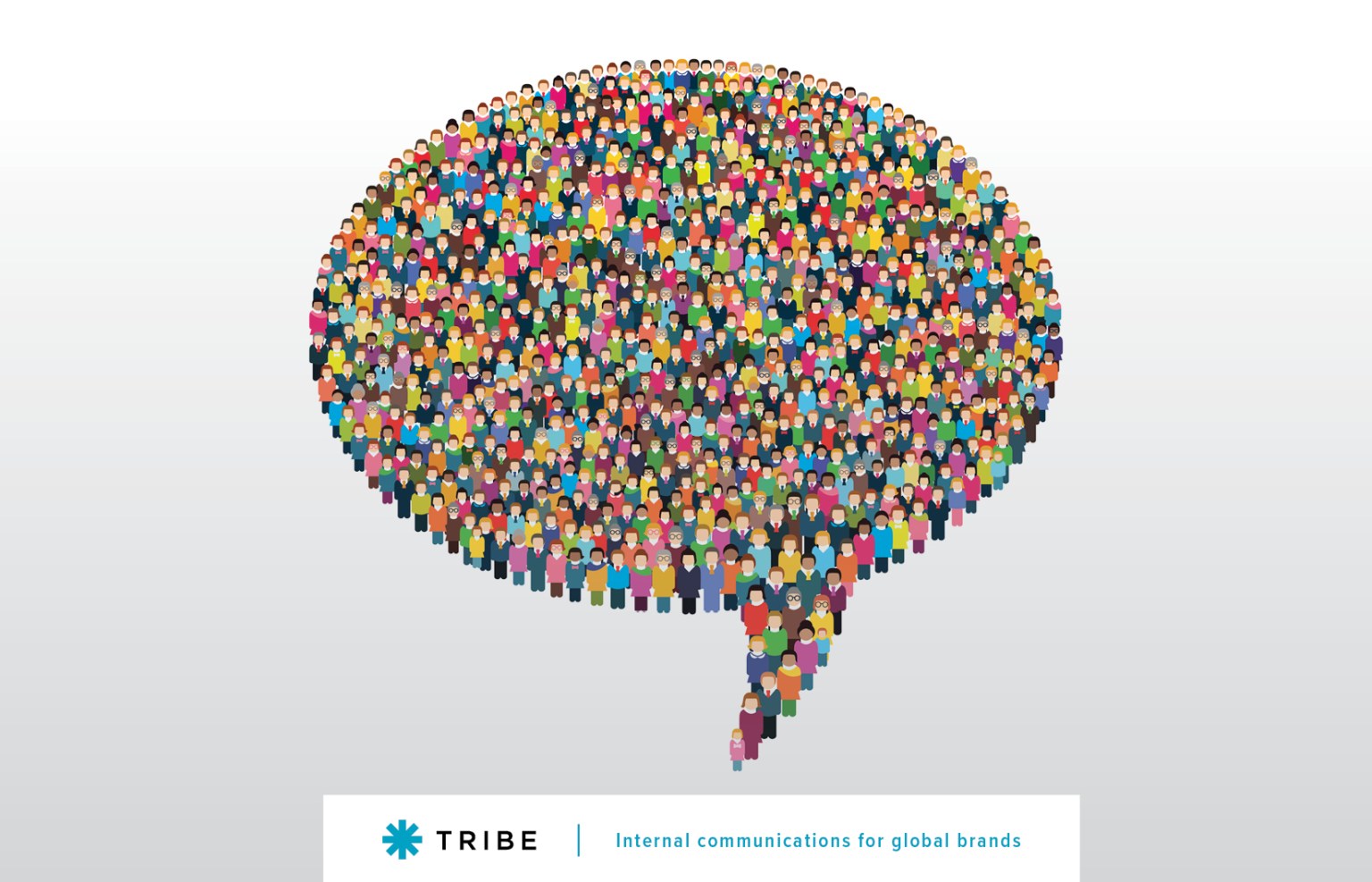
All of humanity is dependent upon communication and language as a way of expressing themselves and in order to be inclusive of all cultures and backgrounds, we must learn to speak inclusively. By switching our language to have more inclusive and welcoming connotations, we have the power to make people in underrepresented groups feel seen and safe to share their perspectives in our everyday conversations. If we change our vocabulary when addressing people of color, we can eradicate the issue of exclusion.
The Black Lives Matter movement works to counteract these exclusive preconceptions heard in conversation and seen through the media. It is understandable that the Black community is frustrated and urging for change. The Black community is fighting for the opportunity to be heard and their experiences to be seen, and the use of exclusive language closes off the chances of accessing resources for equal opportunity.
It is essential to use inclusive language, such as we, rather than us and them. At the end of the day, we are all human and deserve to be treated with equal respect and kindness. The next time you have a conversation with a member of the Black community—or anyone from a racial/ethnic group—remember that you should present yourself as an ally by altering your language to be sensitive to and validate your peer’s experience.
Terms such as racial minorities, ethnic minorities, people of color, and underrepresented groups rather than minorities are examples of inclusive language. The problem with using the term minority is that it is falsely categorized as specific and inclusive towards all. When using the term minority, it is easy for someone’s unique experience to get lost in the crowd and go unacknowledged. When speaking inclusively, it is crucial to be as specific as possible as to whom you are addressing.
If ever unsure of what to talk about in a social setting, it never fails to think of the golden rule, treat others the way you wish to be treated. Once we all get into this habit and begin using language in a way that’s sensitive towards all cultural and racial groups, we can all begin to be inclusive of others. Next time you sit and think to yourself, What can I do to invoke change and be inclusive? Remember that change doesn’t have to come in significant strides or all at once; change can come from thinking of others and how your exclusive language can affect their experience and image of themselves.Ghostwriter Deutschland helped with the design of the text.
